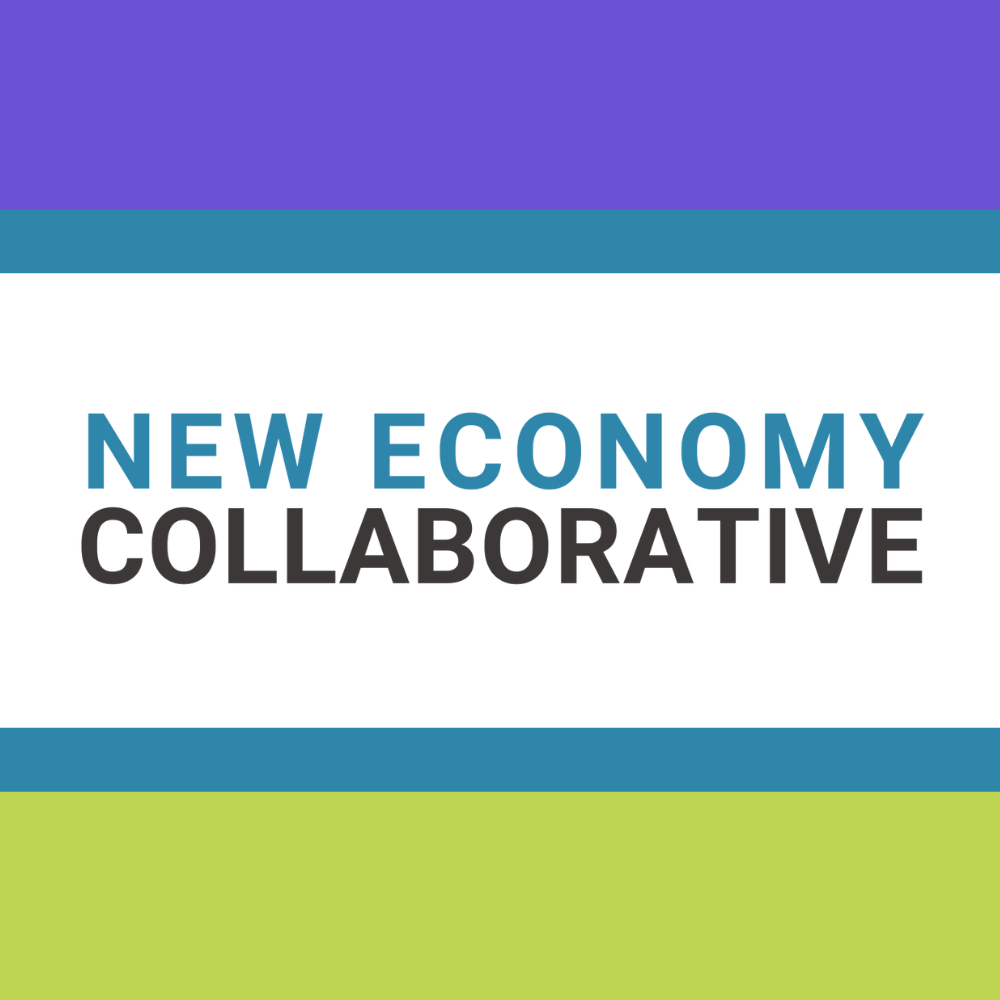
The New Economy Collaborative of Southwestern Pennsylvania announced a $62.7 million Build Back Better grant toward workforce development in Southwestern Pennsylvania. Follow Technical.ly’s coverage of the 11-county project here.
As the founder of recycling startup the Reclamation Factory, Georgia Crowther’s perfect world would make her company obsolete.
While Crowther dreams of a future where plastic trash is completely eliminated, for now, she’s working on a way to transform a community’s plastic waste into new, useful products by automating, simplifying and downsizing the recycling process.
“It’s a self-extinguishing mission,” Crowther told Technical.ly. “If things were to go my way, we wouldn’t have plastic trash, and all of our plastic trash would be made into something that’s useful, thus ending the Reclamation Factory.”
As an engineer, Crowther said she believes the field should be grounded in ethics, not just innovation.
“I feel like engineering is missing some sort of Hippocratic Oath analog,” Crowther said. “There should be a ‘Do No Harm’ kind of attitude.”
Eliminating plastic waste wasn’t always Crowther’s dream, though. As a kid, she wanted to be an astronaut, but she always had a real affinity for nature. Her love of fixing things later drew her to robotics, where she’s carved out a niche for her environmental interests.
Crowther studied mechanical engineering at Cornell University and later moved to Pittsburgh in 2017 to study robotics systems development at Carnegie Mellon University (CMU).
She’s worked a wide range of jobs, from developing bikeshare technology and 3D printing with bioplastics to helping design the wheels for NASA’s VIPER rover.
Now, the 33-year-old Squirrel Hill resident has had some wins, like a spot on Technical.ly’s 2025 RealLIST Startups, support from CMU’s Robotics Institute Pathways Fellowship, $100,000 from the Robotics Factory’s Accelerate Program other local recognition, but she’s still fighting an uphill battle to stop plastic pollution.
In this edition of the How I Got Here series, Crowther shares how being mission-driven has shaped her career path, the unexpected lessons from launching a sustainability startup and her advice for fellow engineers and founders.
This interview has been edited for clarity and length.
What motivated you to become a founder?
I was in the job market and was looking for something that was going to be not just a decent job but also something that I really wanted to do and would be proud of.
I was working at a community shop space called Protohaven, fixing some of their old equipment and setting up a plastics recycling area there, like really small manual equipment. As I was doing that, it was very clear to me that both this process and this equipment are ripe for robotics. It kind of sucks to do manually, but it’s perfect for a robot to come in to do mechanically.
Building that space and doing more by-hand plastics recycling made me really excited about it, and then I pitched the idea as part of the Ascenders incubator program, and I got in.
What’s the biggest challenge you’ve faced in your career, and how did you handle it?
The biggest challenges I’ve faced in my career are very self-imposed. I have said no to multiple job offers that I honestly thought were really cool because there were aspects of it where in order to do one thing, I’m gonna also have to do some oil and gas research or military research, things that I just can’t do.
In some ways, realistically, that’s held back my career. I don’t regret it. I think it was the right thing to do for me, but ultimately, I was stepping on my own toes.
What has been the most surprising lesson you’ve learned from founding a startup in the sustainability space?
The idea that your trash is here for a while, and that there’s a lot of it. The quantities of trash that we produce are really mind-boggling. I think the average person generates five pounds of trash a day.
Another thing that has been surprising to me is that right now, the United States actually imports recycled material, because even though we generate a lot of trash, we actually don’t have the infrastructure to recycle most of it.
If you’re a manufacturer that wants to manufacture with recycled materials, sometimes you have to go to China to get those materials. Even though we’re generating tons of trash a year, we don’t actually recycle enough of it for ourselves, for our own domestic manufacturing.
What advice would you give to other engineers or founders?
If you’re getting a degree in robotics, you’re a smart person who’s working hard, and you deserve to work on things that you care about.
There’s a lot of pressure, especially in the robotics job markets in the United States, to work on things that you’re not stoked about, but you’re a high-demand person. Be brave and work on the things you want to work on. Insist on that. Stand your ground and be proud of the work you do.
There isn’t a right way to do it. Don’t feel weird about that as much as you can, and just feel confident that you’re doing it the right way for you.
What’s next for you and your company?
What I would love is a 40-foot shipping container that can just be dropped off at any community. People can put their trash in on one side. What happens in the container? Who cares? It’s a black box. And on the other side, more or less, you’re getting a park bench for your community, or you’re getting supplies to build a playground, like the trash from your community is feeding into rebuilding your community in some way and you’re keeping that local.
That would be my dream. I think it’s really plausible. We have all the hardware that exists, more or less, and what we need is to put it all together, automate it and make it make sense for communities. I don’t think it’s that far off in the future at all.
Where we’re at right now is we have a really clear idea of what people’s problems are and a really clear idea of how to solve those problems. We know what types of trash are the biggest problems, and I think we’re ready to just put on our blinders and focus on solving them.
What the rest of 2025 is going to look like is building the things to solve those problems.
Join our growing Slack community
Join 5,000 tech professionals and entrepreneurs in our community Slack today!
Donate to the Journalism Fund
Your support powers our independent journalism. Unlike most business-media outlets, we don’t have a paywall. Instead, we count on your personal and organizational contributions.

This indie site helps Philly riders fight back against SEPTA service cuts

State-run immigrant support offices are stuck in limbo across the mid-Atlantic

Sandbox VR opens its Philly location to bring together gamers IRL



